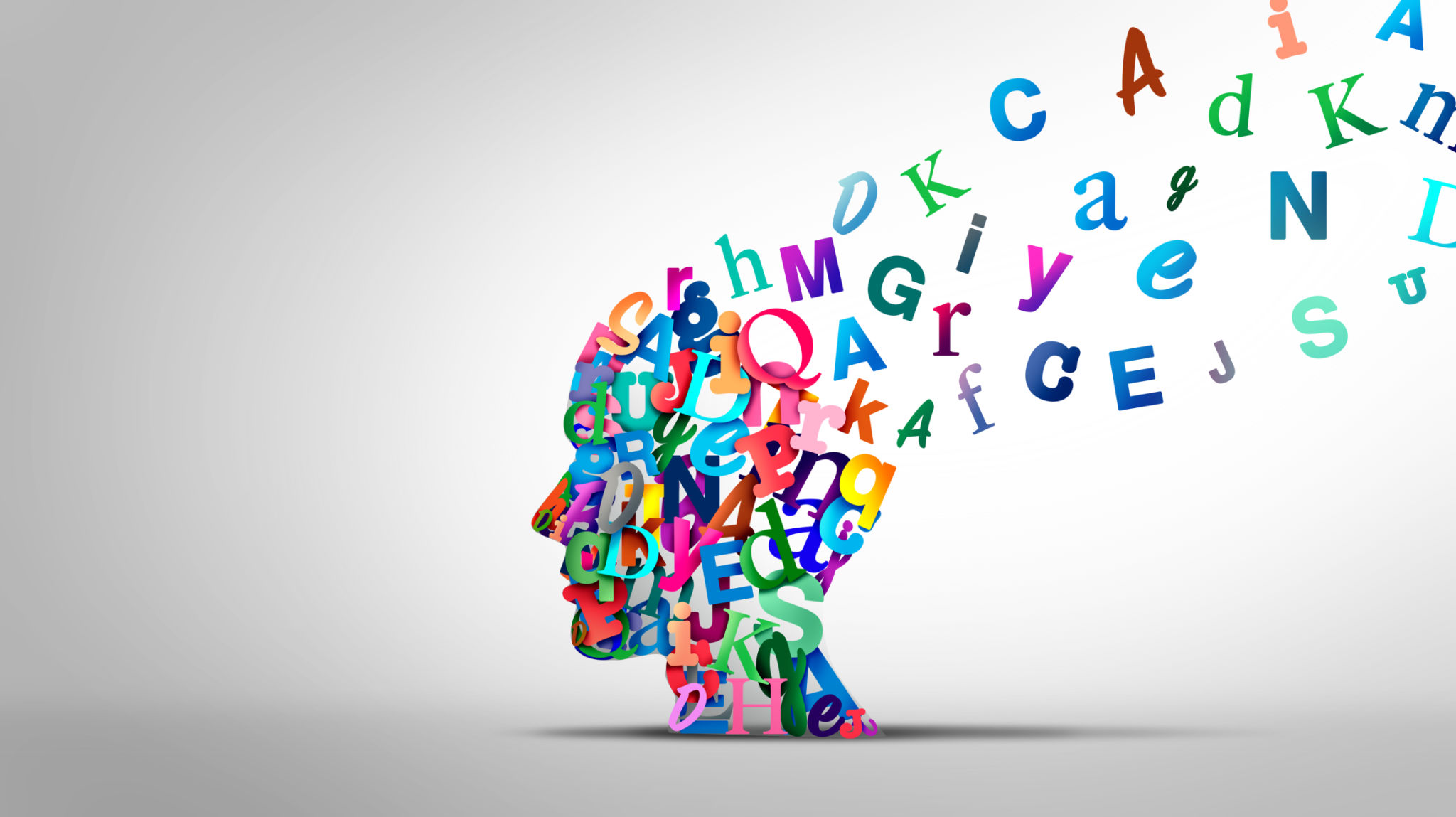How to Choose the Right Literacy Course for Learning Disabilities
JT
Understanding Learning Disabilities in Literacy
Learning disabilities can present unique challenges when it comes to literacy. These disabilities can affect a person's ability to read, write, and comprehend text. Understanding the specific needs of individuals with learning disabilities is crucial in selecting an appropriate literacy course. It is essential to recognize that each learner is unique, and what works for one person may not work for another.

Identifying the Right Course Features
When choosing a literacy course for someone with learning disabilities, it's important to identify courses that offer tailored approaches. Look for programs that provide a personalized learning experience, adapting to the student's pace and learning style. Key features might include multisensory instruction, which uses visual, auditory, and kinesthetic-tactile pathways simultaneously to enhance memory and learning.
Additionally, courses that offer small class sizes or one-on-one tutoring can be beneficial. This setting allows for more individualized attention and can help build confidence in learners who may struggle in larger groups. Progress tracking is another essential feature, as it allows both the student and the instructor to monitor improvement and adjust strategies as needed.
Multisensory Instruction
Multisensory instruction is an effective teaching method that engages multiple senses at once. This approach can be particularly beneficial for individuals with learning disabilities as it reinforces learning through various channels. Courses that incorporate hands-on activities, visual aids, and auditory elements can make a significant difference in comprehension and retention.

Evaluating Course Materials and Resources
The materials and resources provided by a literacy course can greatly impact its effectiveness. Look for courses that offer comprehensive and engaging materials, such as interactive textbooks, digital resources, and access to a variety of reading materials at different levels of difficulty. These resources should be designed to cater to the specific needs of learners with disabilities.
Some programs may also provide access to assistive technologies, such as text-to-speech software or audiobooks, which can aid those who have difficulty reading traditional text. Availability of these tools can make the learning experience more inclusive and accessible.
Instructor Expertise
An often overlooked factor is the expertise of the instructors leading the course. Instructors should have specialized training in working with individuals with learning disabilities. Their understanding of diverse instructional strategies and empathy towards students' challenges can create a supportive learning environment that fosters growth and development.

Considerations for Online vs. In-Person Courses
Deciding between online and in-person courses is another important consideration. Online courses offer flexibility and can be accessed from anywhere, which is particularly advantageous for those with mobility challenges or other constraints. However, it's critical to ensure that online programs are interactive and provide opportunities for live feedback from instructors.
On the other hand, in-person courses may offer more tactile learning experiences and immediate support from instructors, which some learners might find beneficial. Ultimately, the choice between online and in-person courses should be based on the learner's preferences and specific needs.
Conclusion
Selecting the right literacy course for individuals with learning disabilities requires careful consideration of various factors, including course features, materials, instructor expertise, and delivery mode. By prioritizing personalized approaches and supportive resources, learners can overcome challenges and achieve literacy success. With the right course, individuals can build confidence in their abilities and foster a lifelong love for reading and learning.
